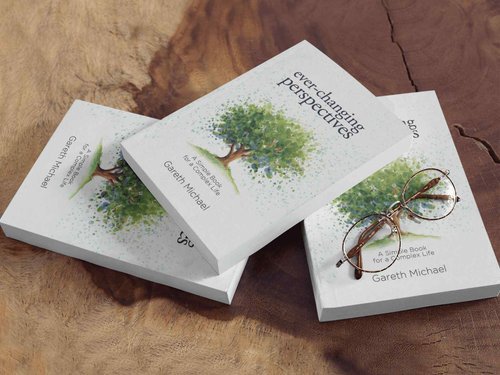How Long Should You Meditate?
Taking up a meditation practice can add an abundance of wellness benefits to your life. With people’s lives becoming busier, self care and wellness practices can often fall to the bottom of the priority list.
We know that it helps to reduce stress, and that therapies such as mindfulness based stress reduction (MBSR), can support a range of stress and anxiety issues. But less often, we hear about how long you should meditate to experience the benefits.
If you’ve heard conflicting advice about how long you should meditate for, or wondered whether shorter sessions are enough to give you the results you are looking for, then read on to discover our expert advice for finding the best length meditation sessions for you.
How Long Does It Take To See Results?
When you introduce mediation practice into your life, you may begin to notice differences in your day straight away. You may feel calmer, clearer or even find yourself experiencing more positive thoughts. But for others, it may take a little longer to see and feel the benefits. It’s important to be patient with yourself if you begin to feel frustrated.
As well as setting aside time for meditation, there are ways that you can include it during your day. There are always ways we can become more mindful in your day, which is part of mindfulness meditation. It’s good to be aware of things like stopping and noticing your thoughts, practising gratitude, and nurturing compassion for others. The more ways you find to incorporate meditation into your life, the more it will become a habit.
Long term research has suggested that 8 weeks of daily 13 minute meditation sessions, decreased negative mood and enhanced focus. It was found that not only could significant results be seen over a relatively short period of time, but a lower duration of minutes spent in meditation produced similar results to longer durations.
An Introduction To Meditation: How Long Should Beginners Meditate?
When you’re starting out on your meditation journey, it can feel overwhelming to know what the right amount of time to spend in meditation is. It’s best to begin with short sessions, as you become used to committing time each day for meditation practice. It is always important to place emphasis on quality not quantity.
Any small amount of time dedicated to your practice will reward you with benefits. It can take time and perseverance to find a meditation routine that works for you, so begin small, and this will set you on your way to lengthening your sessions in the future, if that suits you.
Is 10 Minutes of Meditation Enough To See Results?
You might think that you need to meditate for hours to get results, but studies have shown that longer meditation doesn’t always equal better results. In fact, people meditating for as little as 13 minutes a day experienced a similar outcome to those practicing for long periods.
10 - 15 minutes is an ideal length to fit into your day, especially as a beginner, or for general stress relief. As you become more confident with meditation, you may want to consider lengthening your sessions to 20 minutes upwards. This will give you space to explore whether you experience greater benefits of meditation through longer sessions.
How many times a day should you meditate?
Sticking to a new routine can be tricky, as can committing the time each day to meditate. Deciding on how many times in a day you want to meditate is a personal choice. For some, sitting once a day to meditate is the perfect amount of time, and for others, smaller bursts but more frequently during the day might work better.
Meditation teachers recommend that you meditate daily, for even as little as 10 minute sessions, to ensure that good habits are formed. But if you feel like more works better for you, always follow your own instincts.
Develop your meditation techniques
Meditation is a valuable tool for wellness, and is an important way to reestablish our connection in today’s busy world. It’s sure to offer you benefits, especially when you commit to meditating daily.
If you’re new to meditation, you may want to consider trying shorter sessions, which will help to build your confidence, and prevent any potential frustration. If you’ve more experience, then always tune into what feels right for you. If longer sessions feel like they’re giving you more benefit, then experiment with increasing your sessions, depending on the time you have available.
If you’re looking for support with committing to your meditation practice, or you’re struggling to see the benefits, working with a spiritual coach can help you to create the space needed to explore meditation fully. Get in touch today to see how Gareth can guide you on your meditation journey.
#1 Spiritual Podcast - Practical Spirituality
Join Kim, a behavioral specialist with a deep curiosity about spiritual growth, and Gareth, a spiritual channel of Michael, as they address and explore the biggest and most meaningful questions we face in our day-to-day lives.
Best-Selling Spiritual Book
Through 20 remarkable writings, each accompanied by insightful questions and empowering affirmations, Ever-changing Perspectives will guide you on your spiritual journey toward meeting your true and greatest self.



